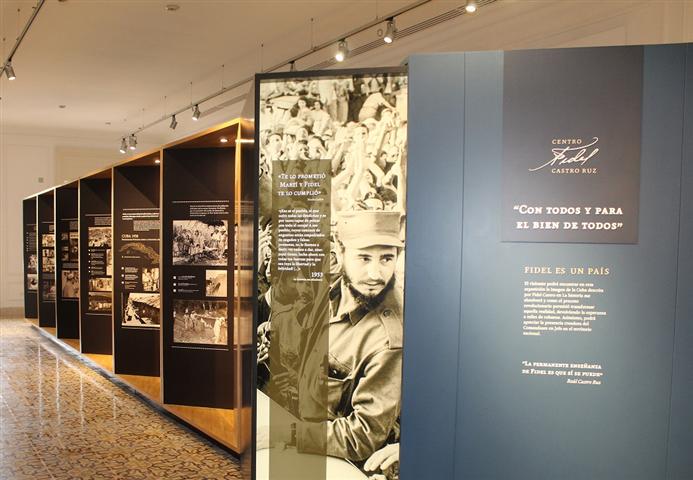According to organizers, the seminar became a dialogue on that document known as “La Historia Me Absolverá” (History Will Absolve Me), a speech pronounced by Fidel during the trial held on October 16 of that year due to the attack on the Moncada garrison.
The event was organized by the Office of Historical Affairs, and the Union of Jurists and Historians, institutions in charge of the Study and Dissemination of the Thought, Work, Life, and Example of Fidel Castro in Cuba.
Today’s agenda includes the presentation of rigorous research about the role of law in the trial of those accused of the attacks on the Moncada and Carlos Manuel de Céspedes’ garrisons in eastern Cuba on July 26, 1953.
Other presentations are focused on Fidel Castro’s political legacy in teaching law, his legal work, and, in general, the permanence of his ideas in today’s world, especially those embodied in this document, which its author stated that it is an indispensable component of the new revolutionary stage and the program of the Revolution.
On Monday, René González, director of the Center, highlighted the historical value of the speech and quoted: “The major one in the political life and history of the nation and an x-ray of the country’s history, especially since the US military intervention in the war in 1898”.
The participants in the seminar could enjoy the manuscripts written by outstanding journalist Martha Rojas (1931-2021), an eyewitness of the Moncada’s trial, preserved by the Office of Historical Affairs.
Also, other court documents and samples from Case 37 related to the events that took place on July 26, 1953, that is to say, the attack on the Moncada Garrison in Santiago de Cuba and the Carlos Manuel de Céspedes Garrison in Bayamo.
Intellectuals nationwide interested in the most significant Cuban political-legal document of the second half of the 20th century joined the event online, as Rojas had affirmed.
jrr/iff/oda/ale/ebe










